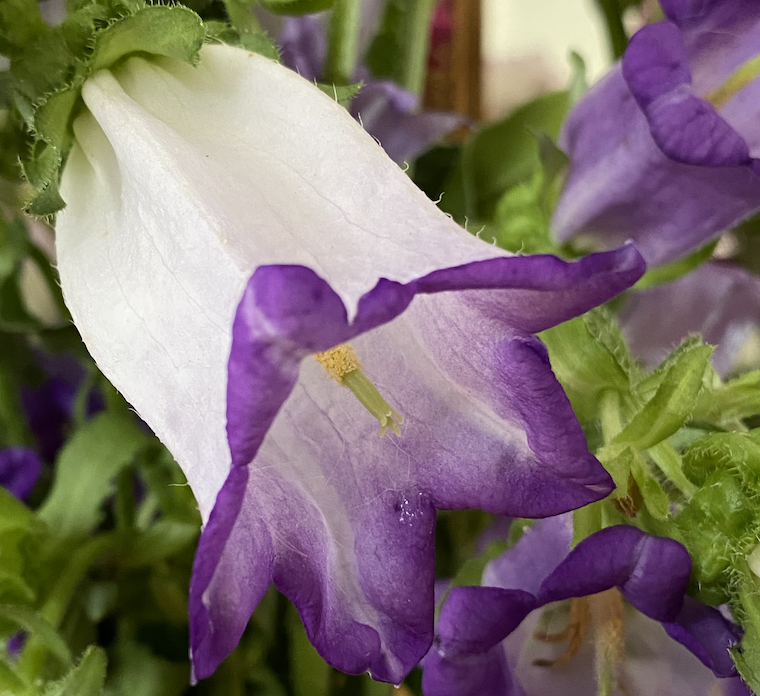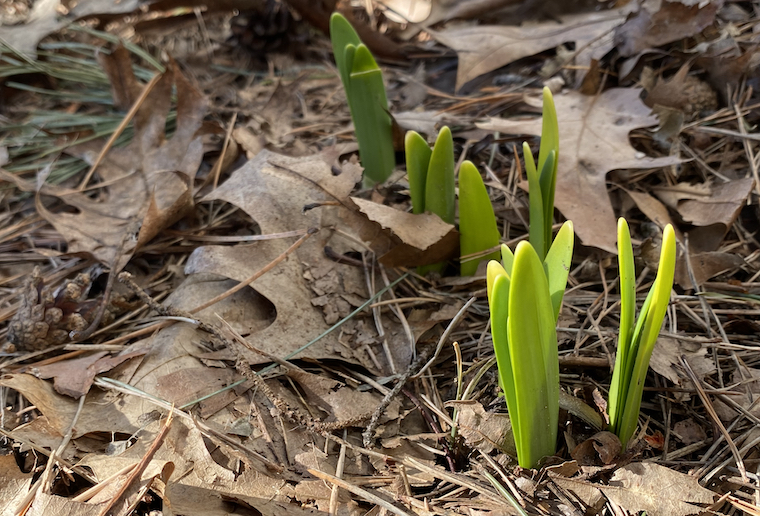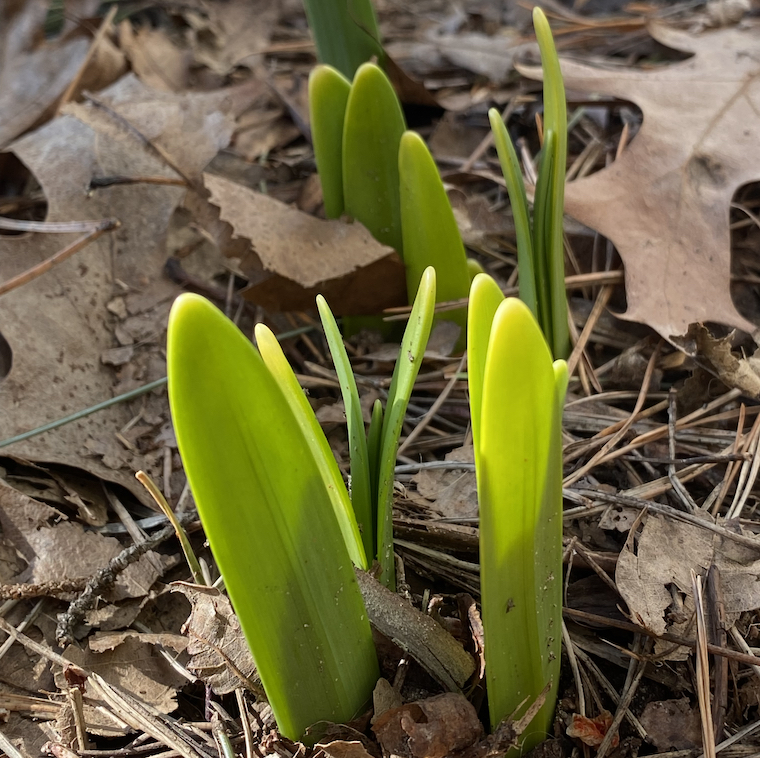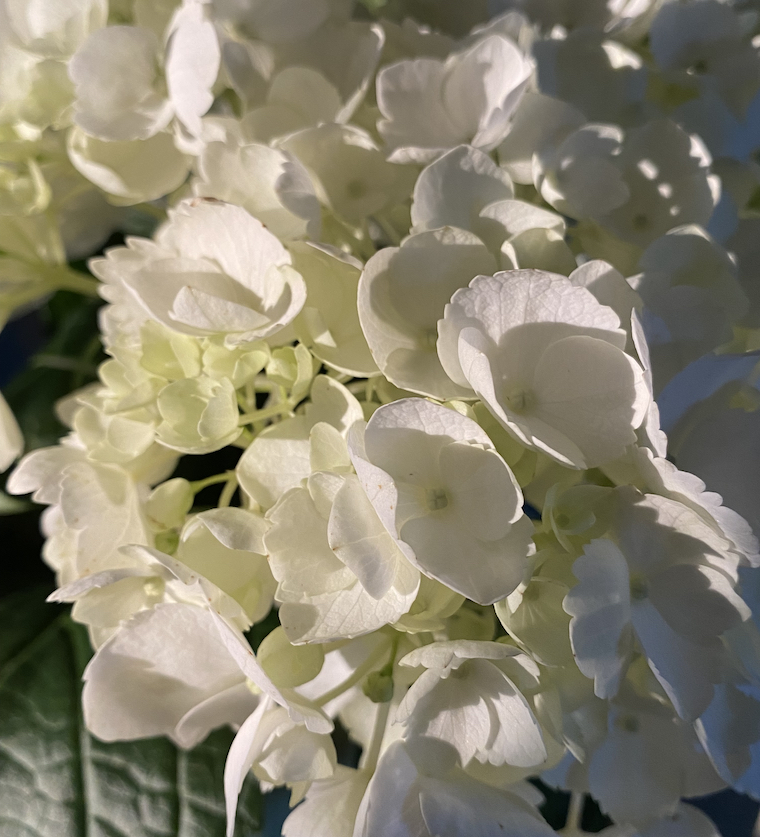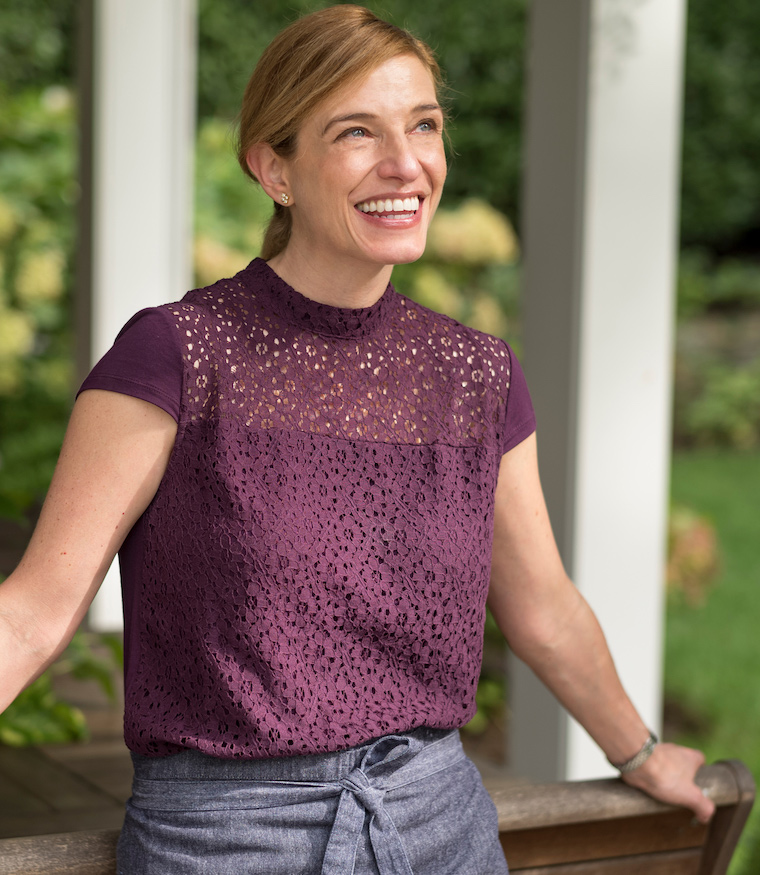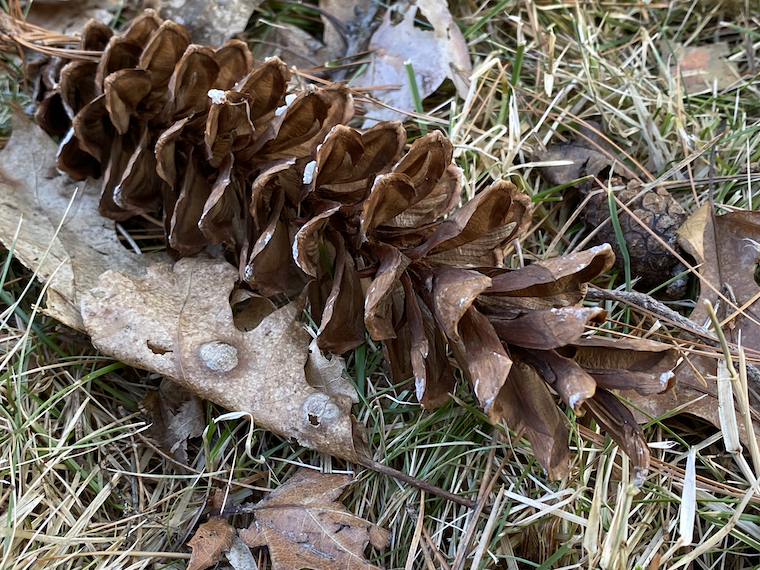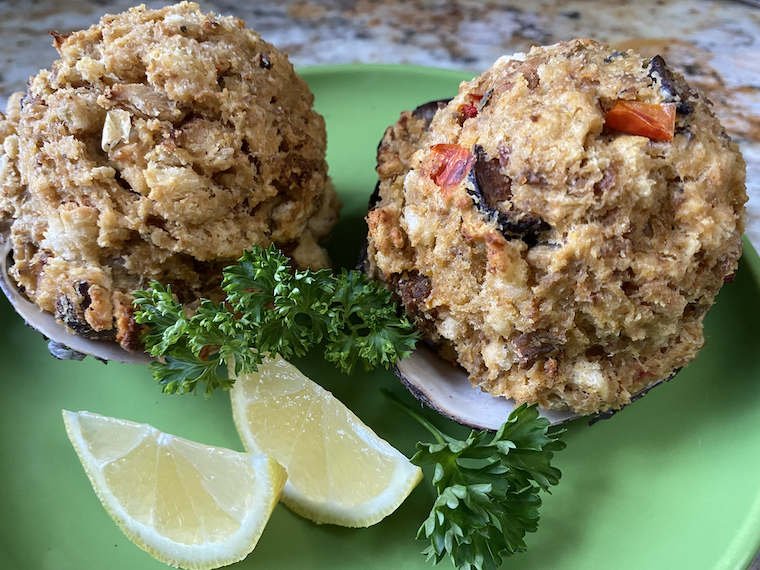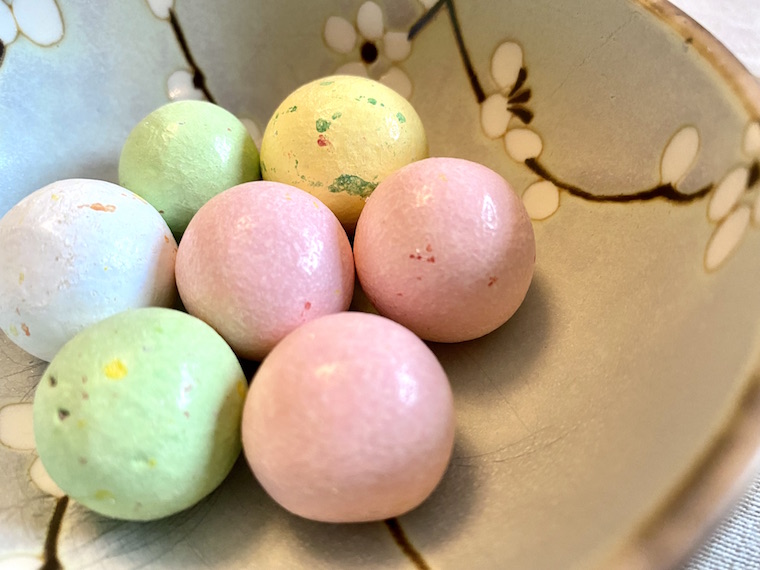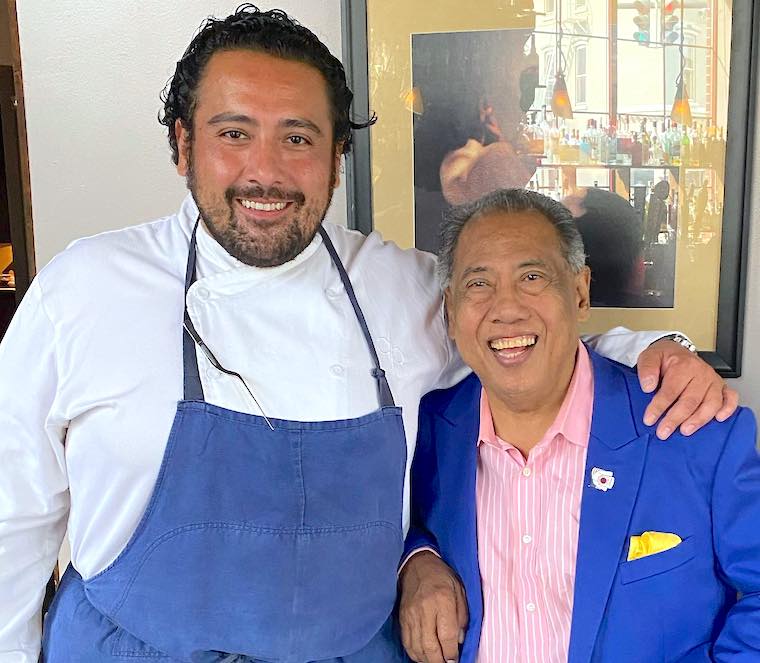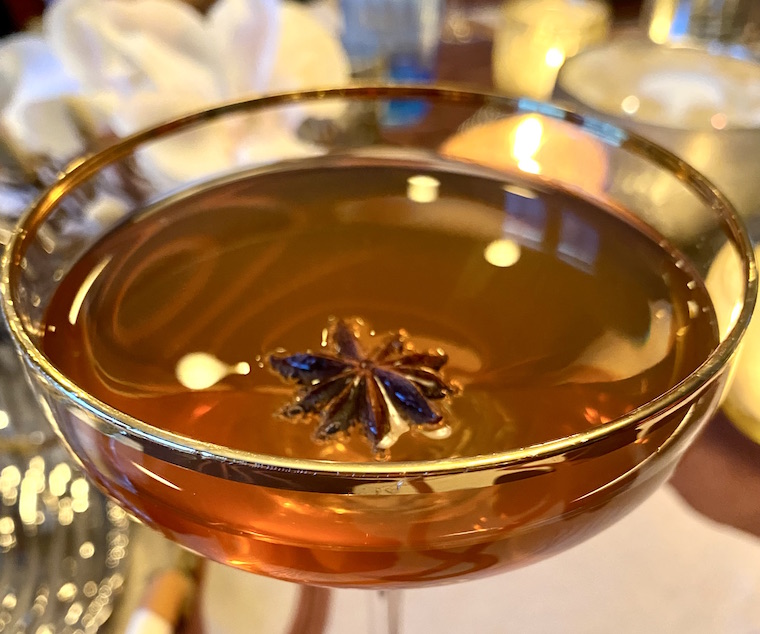When I began my mindfulness journey, I started with Thich Nhat Hanh’s ‘The Miracle of Mindfulness’ and one of the first descriptions of the practice was found in the simple act of washing dishes. Granted, this was not a task in which I had any extensive practice or history, but over the past couple of years I’ve started washing the dishes I use when cooking. It’s all part of the process. ‘The Miracle of Mindfulness’ instructs on how to be present at each step, how to experience the sensation of warm water and soap, the way the dishes feel, the way the sponge runs across their surface, the way the skin gradually wrinkles and softens.
One of the main lessons of life is in how to fill the space of a day. Whether we realize it or not (and for many, many years I had no idea how powerful the pull to occupy one’s time could be – so intent was I in merely finding and then wasting free moments) much of a person’s daily goal is to simply fill our day with something of service. For many, myself most definitely included, that is service to self – but I’m not here to judge or condemn one sort of service in comparison to another. Comparison is still the thief of joy.
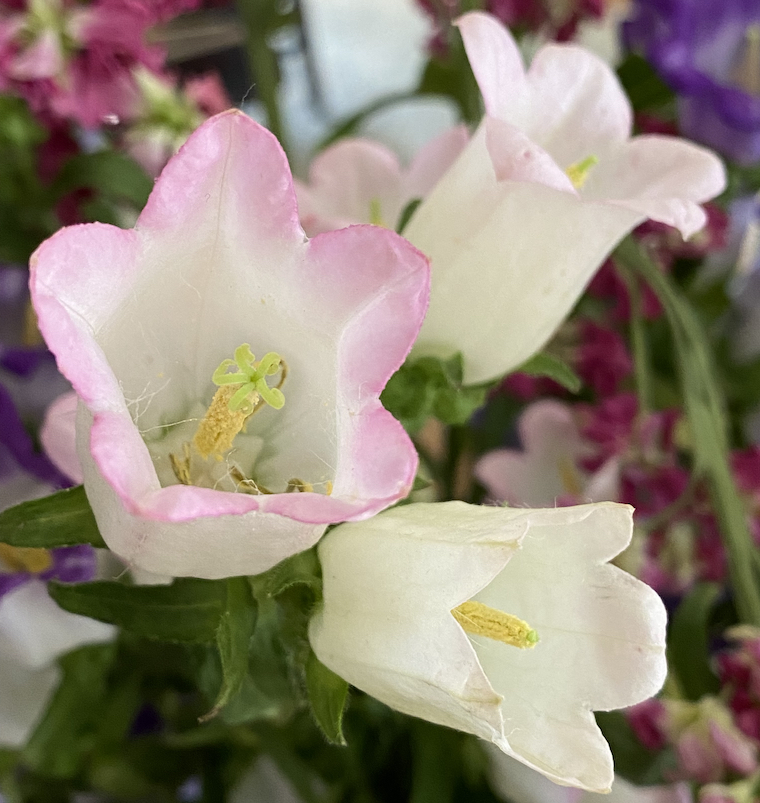
Instead, I have begun to understand the human need to fill the mind, and often the body, with tasks and duties and things that merely take up space. Before I realized that such space might be better served in meditating or being mindful, I filled it with the usual stuff of fantasy and dreams, and all the daily bothers that comprise adulthood – worry and doubt and fear. As the decades went by, those stresses and worries became the normal part of a day, always there in the mind, always creeping into moments of joy and release. That meant I had to learn how to push the worry and concerns and stresses to the side, and the best way to make this happen is through mindfulness. Inhabiting the moment and the present space as fully and encompassing as possible.
Which brings us back to the kitchen sink, where last we left off feeling the wrinkled skin of our fingers against the wet dishes, now piled on a towel and waiting to be dried. In that act, a fresh towel, slightly tattered but all the more soft from it, warms and dries the hands, then the round smooth curve of each plate, then the tricky interior of a coffee mug handle. Each piece is laid gently back in its place, as the breath steadies and slows, and the worries and thoughts that would otherwise occupy the mind drift away, replaced by the appreciation and realization of everything at hand. That clutter of the mind – the hoard of ill-thoughts and worrisome ideas – suddenly feels diminished.
It’s not a permanent fix, and soon those concerns come creeping back. Some of them will be genuine ones in need of addressing – a scheduled meeting, a load of laundry, a phone cal to one’s parents – and some will seem suddenly unnecessary. Mindfulness helps to sort them out.
